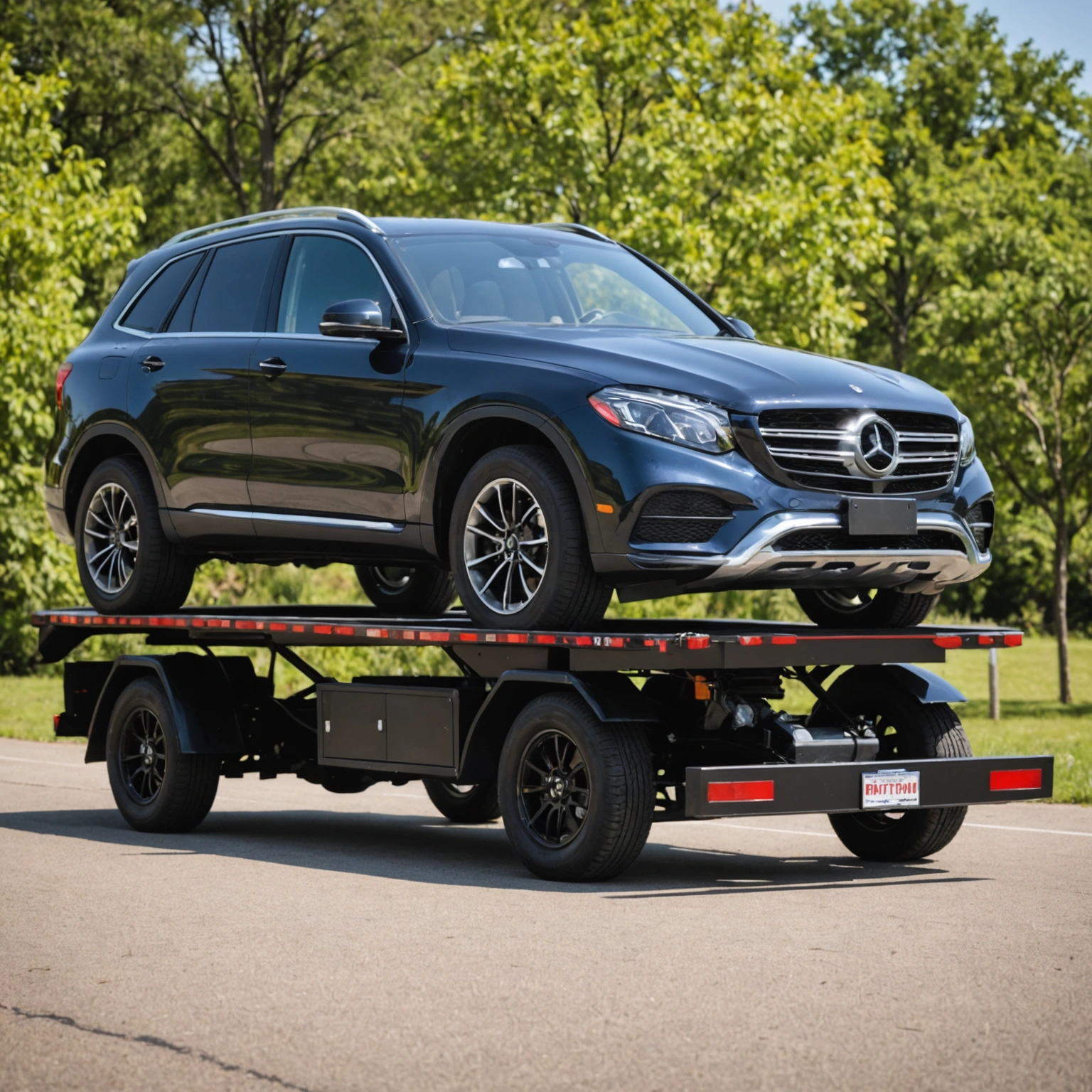**What Does My Car Weigh? Understanding Your Vehicle’s Weight**
If you’re curious about your car’s weight—whether for towing, fuel efficiency, or simply out of interest—you’re asking a common and important question. Knowing your vehicle’s weight can impact various aspects of driving and vehicle maintenance. Here’s what you need to know about how to find out what your car weighs and why it matters.

### Why Does Your Car’s Weight Matter?
– **Towing Capacity:** To safely tow trailers, boats, or caravans, you need to know your vehicle’s maximum towing capacity, which is often related to its weight.

– **Fuel Efficiency:** Heavier vehicles generally consume more fuel; understanding your car’s weight can help you estimate fuel costs.
– **Vehicle Performance:** The weight affects acceleration, braking, and handling.

– **Legal and Safety Regulations:** Certain regulations specify weight limits for vehicles on specific roads or when carrying loads.
### How to Find Out Your Car’s Weight

There are several ways to determine your vehicle’s weight:
#### 1. Check the Owner’s Manual or Manufacturer’s Specifications
Most manufacturers list the curb weight (the weight of the vehicle with standard equipment, fluids, and no passengers or cargo) in the owner’s manual or on the manufacturer’s website. Look for terms like:
– **Curb Weight:** The weight of the vehicle ready to drive.
– **Gross Vehicle Weight Rating (GVWR):** The maximum allowable weight of the vehicle including passengers and cargo.
#### 2. Look at the Vehicle’s Identification Label
Most vehicles have a label located on the driver’s side door jamb or inside the glove box that provides:
– Curb weight
– GVWR
– Axle weight ratings
#### 3. Use Online Resources
Websites like the manufacturer’s official site, automotive databases, or third-party sites often list detailed specifications for many models.
#### 4. Weigh Your Vehicle at a Public Scale
For the most accurate measurement, you can visit a public scale, such as those at truck stops, weighbridges, or some recycling centers. To get your vehicle’s weight:
– Drive onto the scale.
– Record the weight displayed.
– Repeat for front and rear axles if you need axle-specific weights.
#### 5. Use a Portable Vehicle Scale
If you frequently need to weigh your vehicle, investing in a portable car scale can be useful. These are placed under the tires or axles and provide quick readings.
### Additional Considerations
– **Gross Vehicle Weight (GVW):** The total weight of your vehicle when fully loaded with passengers and cargo.
– **Payload Capacity:** The maximum weight of cargo and passengers your vehicle can carry without exceeding GVWR.
– **Empty vs. Loaded Weight:** Remember that the curb weight doesn’t account for additional passengers, luggage, or accessories.
### Why Accurate Weight Matters
Knowing your vehicle’s weight is crucial for safe towing, proper vehicle maintenance, and compliance with legal restrictions. Overloading your car can lead to mechanical issues, increased wear and tear, and potential safety hazards.
### Final Tips
– Always refer to official specifications for your specific vehicle model.
– Regularly check your vehicle’s weight if you frequently carry heavy loads.
– Consult your owner’s manual or a professional if you’re unsure about towing or load limits.
**In summary,** your car’s weight can be found through manufacturer data, identification labels, weighing at a public scale, or online resources. Staying informed about your vehicle’s weight ensures safer driving, optimal performance, and compliance with regulations.

